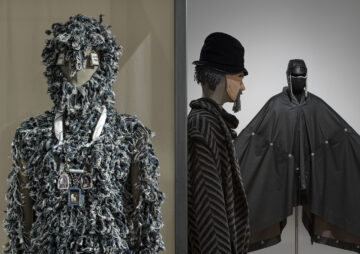
Supercontinent “fashion”: Numéro Berlin in conversation with Emanuele Coccia
Sometimes, says Italian philosopher and author Emanuele Coccia, we forget that for a long…
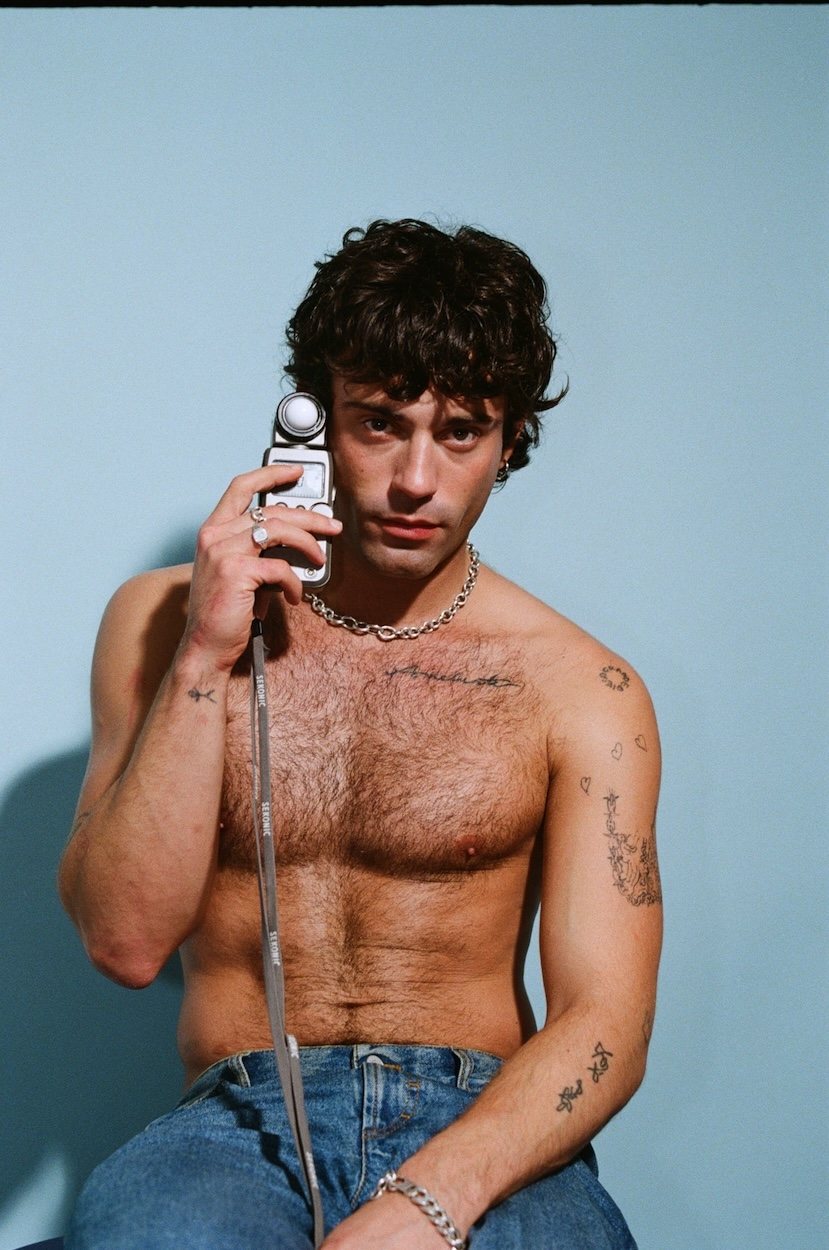
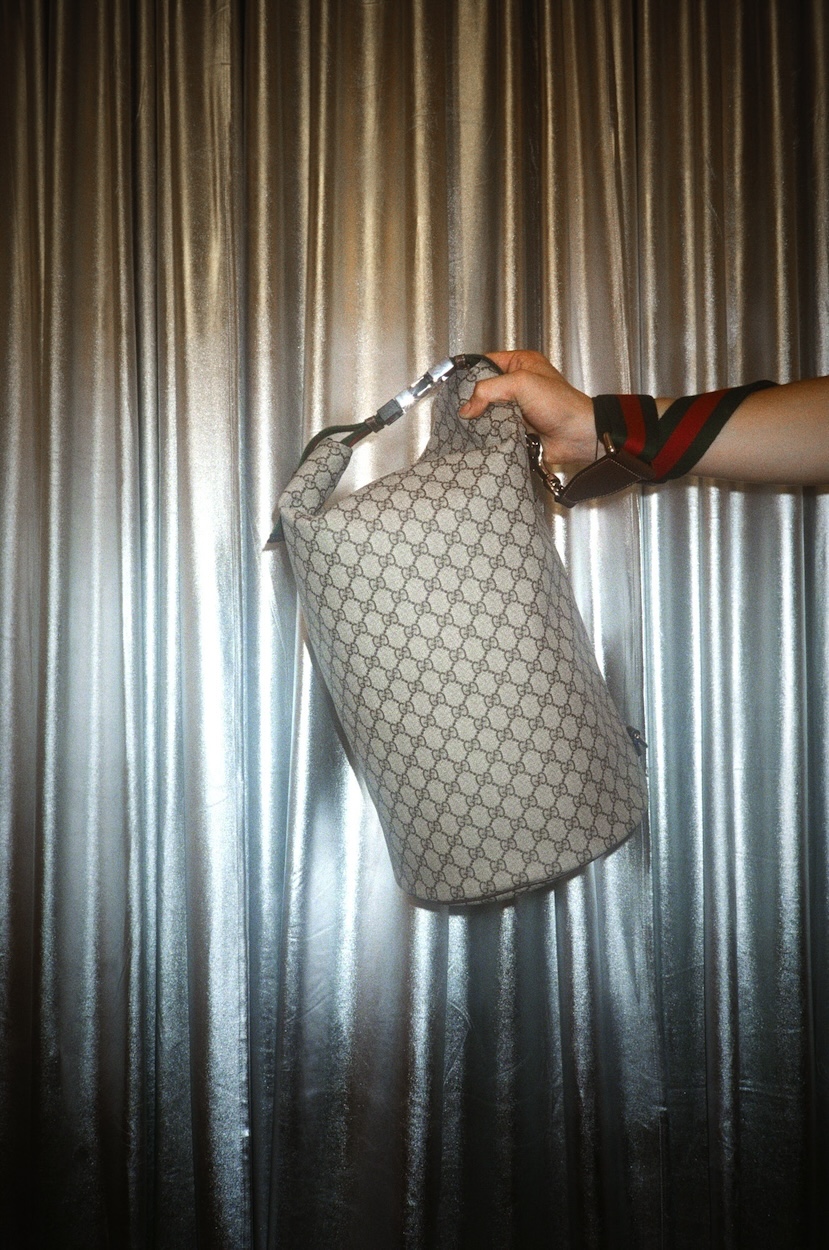

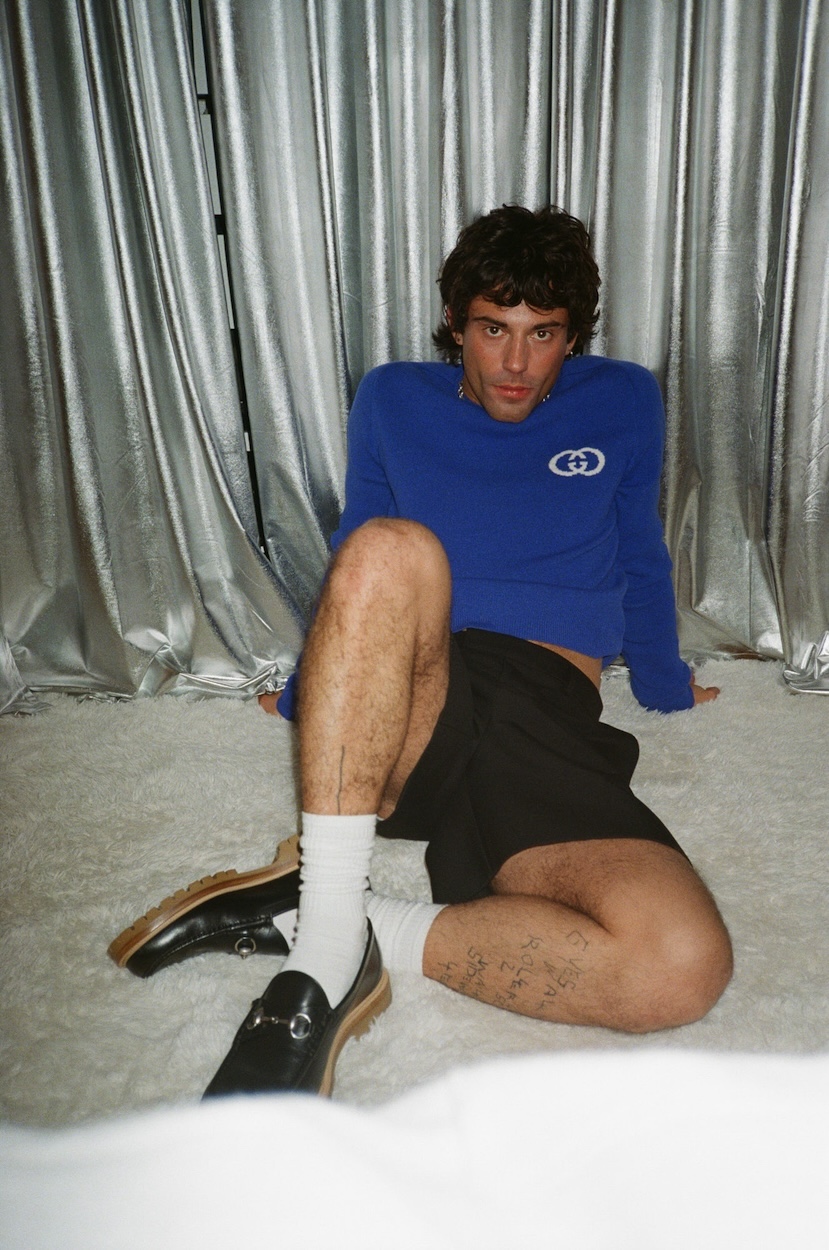
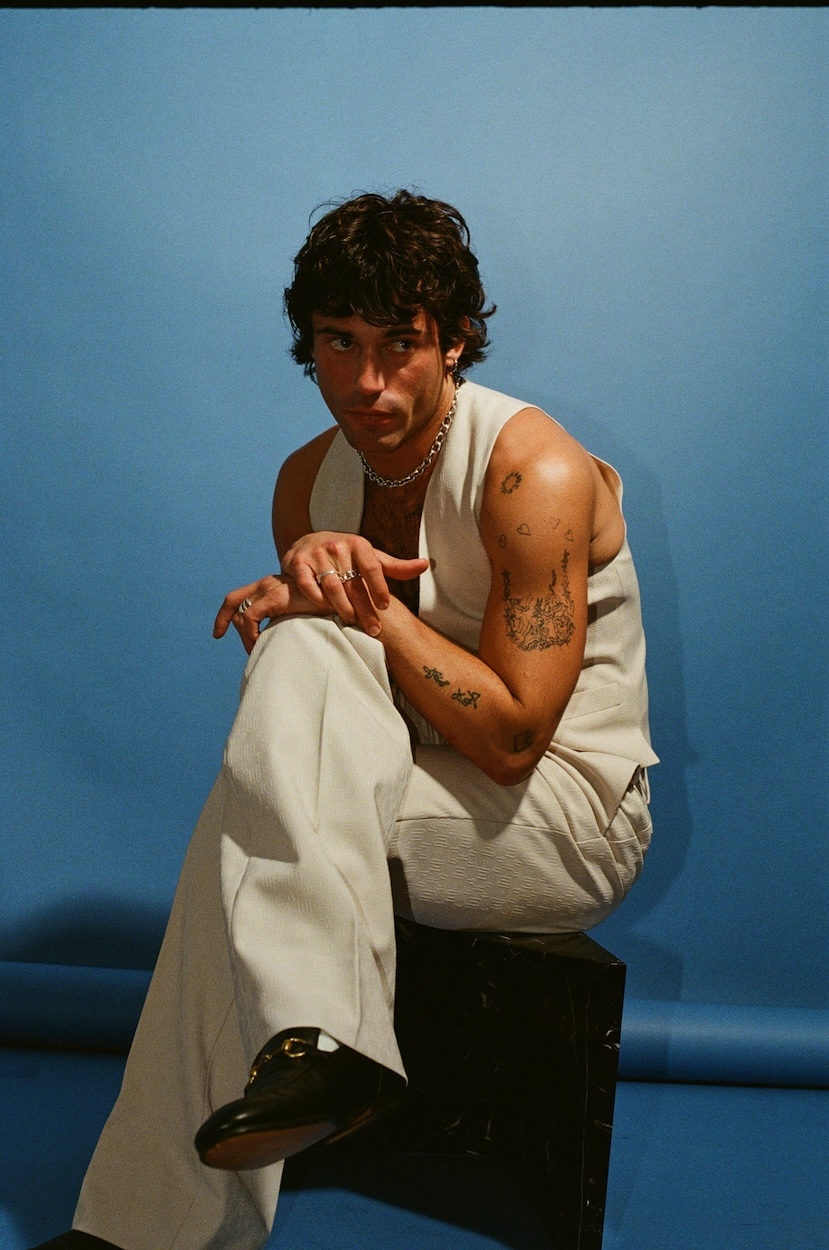
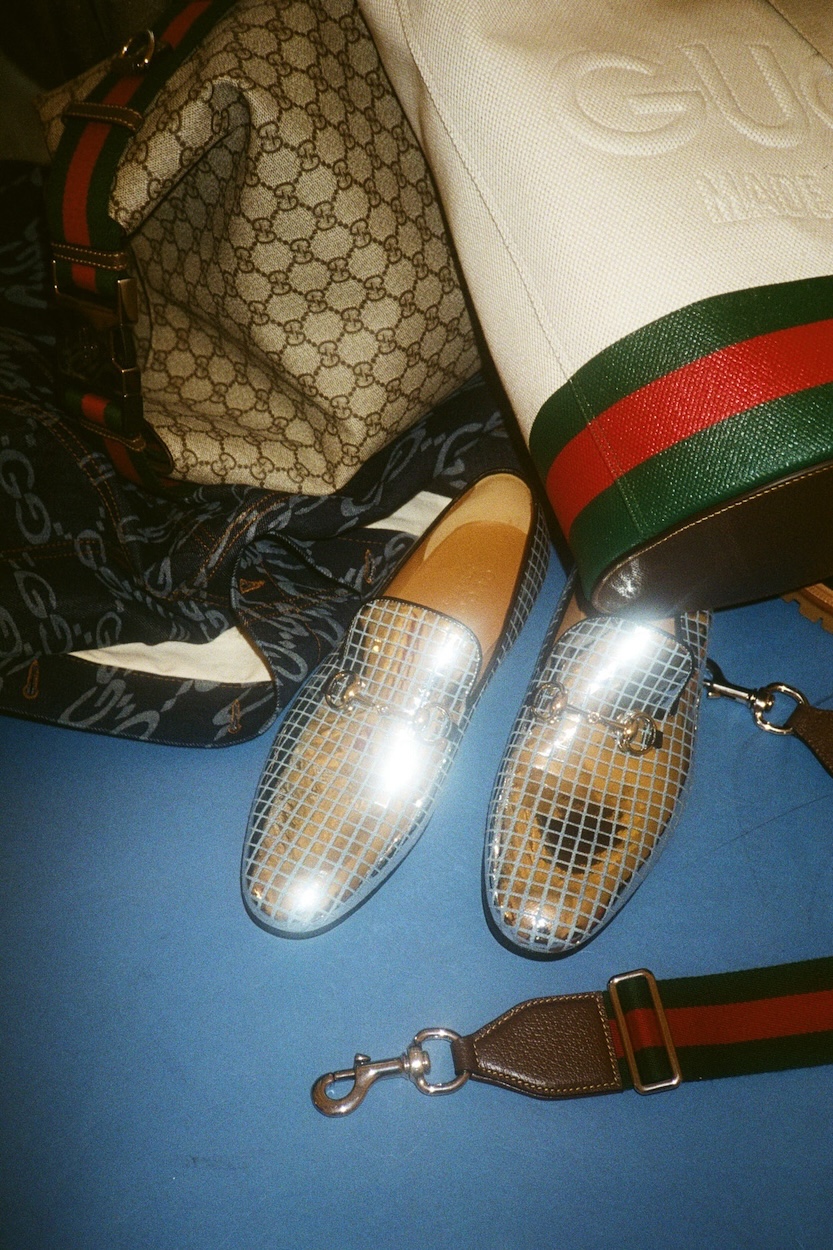



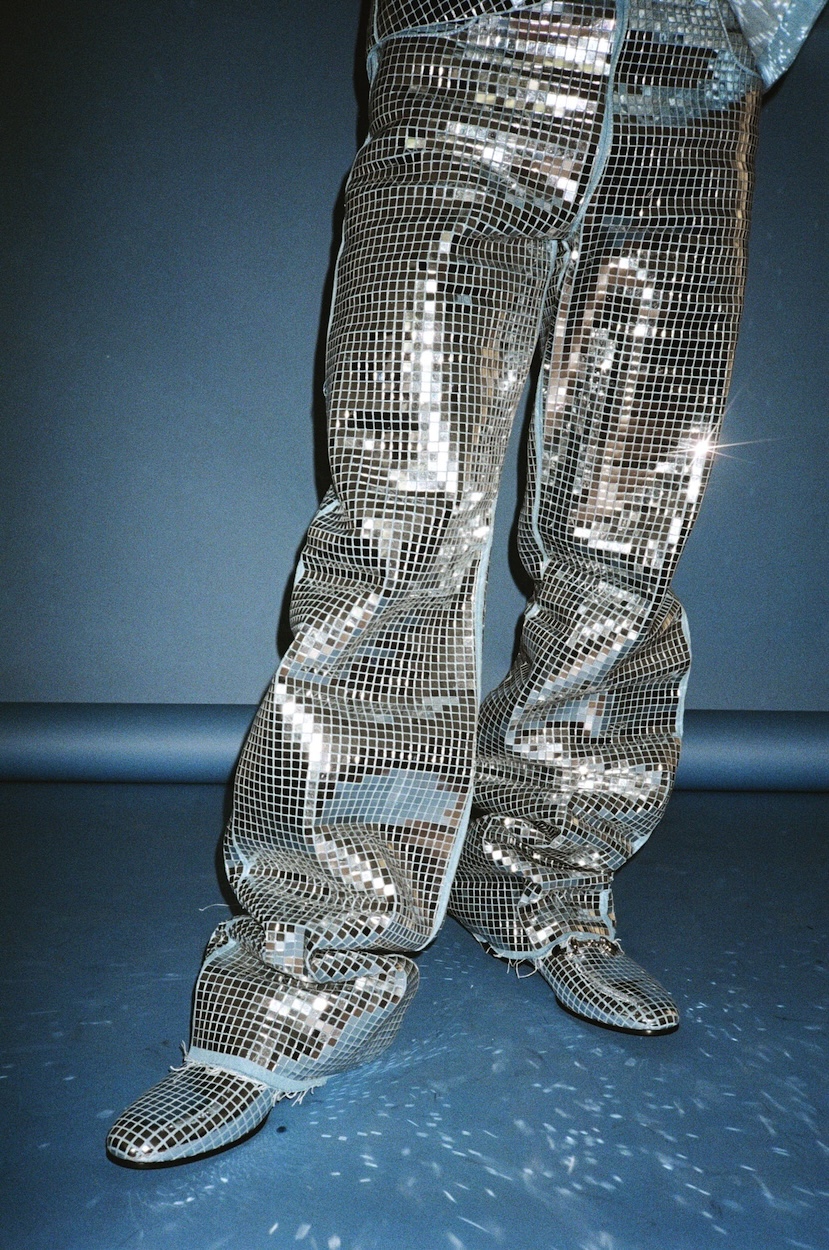
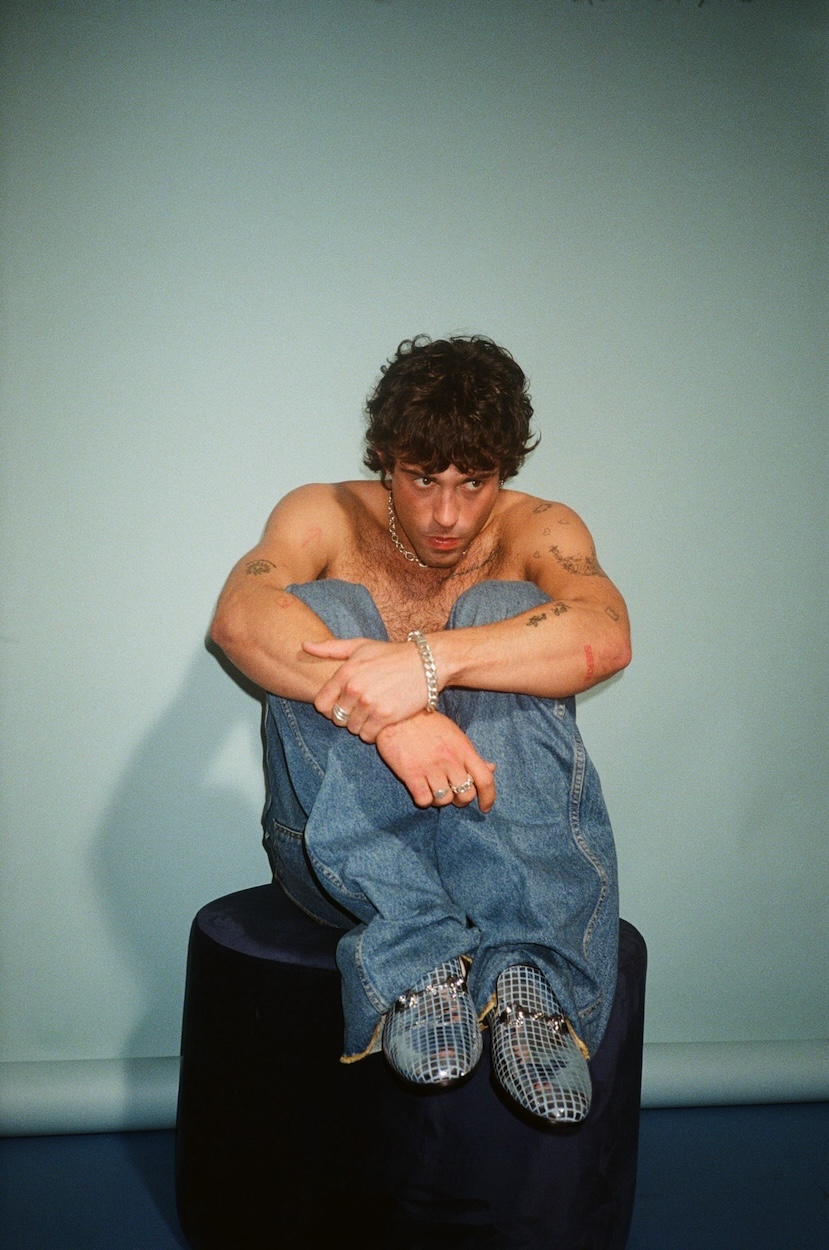



Aaron Altaras is already known from various areas – and he knows how to bring his own personal touch to all of them.
With the joint music project “Alcatraz“, created together with his brother Leo Altaras, they provided the answer to contemporary electronic music and translated it into Italo disco, in which they explore their Italian roots. Aaron has already appeared in several films and series, including „Nicht alle waren Mörder“, a 2006 drama by Joe Baier, and the 2020 Netflix mini-series “Unorthodox“. Currently, he can be seen in the Disney+ historical drama “Deutsches Haus“, based on the 2018 namesake novel by Anette Hess.
“Deutsches Haus” is set in Frankfurt in the year 1963 and depicts a journey into a personal past, a time that was partly hushed up by an entire generation and is characterized by feelings of guilt, suffering and unpleasant truths.
We were able to talk to Aaron about his journey through the past during filming „Deutsches Haus“
There are different responsibilities and workflows but the intention is always the same I guess. Isn’t it a very German thing to think that there are isolated mutually exclusive industries…
Interesting. Working with my brother is very autonomous, self-expressive, and conceptual. Acting is very collaborative and psychological and less perfectionist but also emotional. So I guess they relate. and fashion is fashion.
It feels important to me then, even if it might not even be.
“Films won’t change the world, but help us understand it. It’s an emotional step in the right direction.”
David Miller is very angry about the injustice, and that these men still walk freely after what they’ve done. He also struggles with the German ignorance and the arrogance of the Nazis. I can definitely relate to that. That’s painful anger.
I traveled to Iceland and went into the hot springs. Recommend 10/10, also without a series.
Seeing the court scenes with the Polish actors and the Germans was heavy. The stories from the survivors and the smug of the Nazis. Uncomfortable.
It’s always a good idea to strive for justice. Fuck Nazis forever.
In February I am shooting a cinema film about a world that I like a lot. Vague, I know.
stop war, (re)learn public discourse, plant trees

Sometimes, says Italian philosopher and author Emanuele Coccia, we forget that for a long…
It’s one of Berlin’s event highlights of the year – the Half Marathon. But even…

UGG® has teamed up with Los Angeles-based designer and multidisciplinary artist Reese…